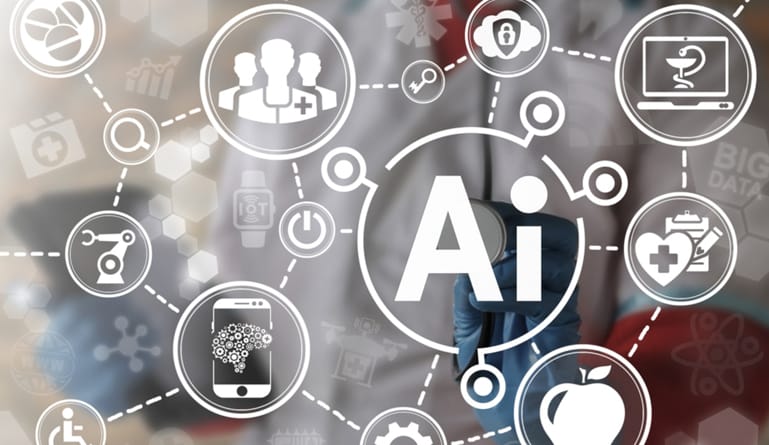Is artificial intelligence the customer service tool your business needs?
How AI is improving customer experience might be the key to better customer engagement and boosted sales.
The customer experience is central to business. Whether your business-to-business (B2B) or business-to-customer (B2C) or some combination of the two, how you interact with customers and how customers perceive your business is incredibly important. Not only does it affect word-of-mouth marketing and whether customers will recommend your business to others, it also affects whether existing customers will repeat their business with you.
While AI isn’t primed to take over jobs central to the customer experience just yet, it has certainly advanced enough to help both businesses and customers. AI can not only improve customer service by seamlessly interacting with customers, it can also offer customers a faster resolution to inquiries and problems. Here are examples of how AI is improving customer experience for all kinds of industries.
Chatbots
One of the primary ways that artificial intelligence is expected to make an impact on the customer experience in 2018 and beyond is through customer support chatbots. Many customers have added chat features to their website and social media sites to connect with customers, troubleshoot issues, and answer questions.
As AI technology continues to grow more sophisticated, more businesses will begin to employ customer service chatbots in these areas. Chatbots can connect to databases to verify customer identities and retrieve customer information. Based on that information, plus whatever information the AI bot collects in the chat forum, it can make suggestions to escalate an issue or complaint up the command chain.
Chatbots allow for customer service that is always available. Automated customer service systems are not constrained by public holidays, geographical locations, or time zones. This means customers can get answers to their questions without having to wait for a human response. This leads to faster decision-making on the part of the customer and is valuable for trust and brand reputation.
Conversational AI
Conversational AI is what we call the tech that powers things like Amazon’s Alexa and Google’s Home device. These internet-connected devices are voice activated, and can answer simple questions and follow user prompts. In some cases, they can be used as virtual assistants that can text contacts, update your schedule, remind you of appointments, schedule meetings, and communicate with your team members.
More and more brands are integrating conversational AI into their brands to elevate their customer experience. Car companies are linking already existing technology like Google Assistant into their systems and some brands are developing their own version of conversational AI to interface with customers. Starting in 2018, more brands will integrate this kind of AI to boost customer service. Imagine conversational AI built into brand apps that allow users to ask what items are on sale, or to curate a list of recommendations for them based on their purchase history. This kind of development could greatly enhance customer experiences through greater usability and personalization.
When looking at how AI is improving customer experiences in 2018, we see that creating easier and more streamlined experiences for customers is at the center. Consumers want a customer service experience that’s easy, fast, and relevant. Using AI in customer service and support means faster answers for consumers, as well as a great wealth of consumer data for companies to refine the personalization of their customer experience even further.





